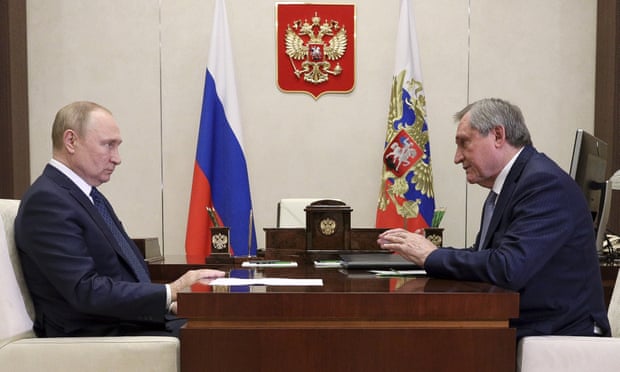US Police Similar to Taiwanese Police Decades Ago
Older generations of Taiwanese police officers who saw this news story smiled at the familiarity of the U.S. officers, who are much like those in Taiwan decades ago. How so? Long ago, when a Taiwanese police officer answered a call and someone said, “People are fighting — come quickly,” the officer would first check the time and then have a sip of tea, waiting until half an hour had passed and the fight was nearly finished before setting out. The officer would not hurry because getting pulled into the fray for no reason wasn’t worth it.
Those who understood the police habits at the time knew that if they wanted to get the police to hurry over and break up a fight, they should report people gambling, not fighting, when they called the station. This guaranteed that the police would hurry over to stop the gambling and confiscate the gambling paraphernalia and money, which was a benefit. Moreover, gambling presented no risk of physical injury. This trick also allowed the police to discern what kind of situation someone was calling about because only those who were close with the police knew the secret password. Indeed, when several riots broke out at construction sites in Taipei, the police were summoned using this “gambling” password.
These old police officers made a reasonable argument, believing the reason they need not hurry was because criminal prosecutors only had a 24-hour period to request a detention order. Otherwise, they would have hurried over immediately, arrested the suspect and interrogated them on the spot. However, a regulation forbade questioning suspects at night. When officers hustled to deliver suspects to the prosecutor’s office only to watch the prosecutor move slowly and make things difficult, and then see the judge release the suspect anyway, it made the police believe they didn’t need to rush.
Of course, it’s difficult to find police officers who still act like this nowadays. As high-performing officers from police academies replaced older officers, the new officers placed great importance on professional honor. The dove adorning the insignia they wear designates them as messengers of peace whose duty it is to actively involve themselves, even if it results in the ultimate sacrifice. Three years ago, Li Cheng-han, a 25-year-old railway police officer, was killed performing his duty. His proactive policing style has become part of the culture of the new generation of police officers. Moreover, the establishment of a Quick Reaction Force has enabled elite police officers to lose no time when maintaining public security.
Compared with having the systemic failures caused by the old-style police officers in Texas, Taiwanese people are undoubtedly fortunate to have the new style of officers.


